Avowed offers some of the best role-playing in a recent action RPG, but I wish the main story matched the complexity of the game’s side quests. It isn’t that the main story in Avowed is bad, or that it doesn’t present a lot of major choices. It’s just that I always felt like I knew the right choice to make regarding the game’s bigger moments. In contrast, there are many side quests where I find myself weighing my options more heavily, and I wish some of those hard decisions made their way into the main quest.
[Warning: Spoilers for certain choices in Avowed.]
Choices matter a great deal in Avowed, and even seemingly disconnected side quests can affect how things turn out at the game’s end. Although a lot of the choices that have the biggest effect on the ending are part of the main story, I was a little let down by how often the right choice had been signposted for me. I also found the most difficult choices in the main quest weren’t due to any moral reasons, but more because I simply didn’t know what the outcome of certain choices would be.
Avowed Allows For A Lot Of Moral Flexibility With The Envoy’s Choices
Avowed Lets You Roleplay How You Like
Early on, I knew I was going to enjoy the role-playing in Avowed. There is a wide range of dialogue options, and there’s no easy trick to knowing what the right thing to say is. This isn’t Mass Effect‘s morality system where you just tilt the control stick up for nice, and down for mean. Through its complex dialogue trees, Avowed allows you to shape your Envoy into the exact type of character you want to play. I was also impressed to see that dialogue choices I made in Avowed’s early hours were referenced as far as the end of the game.
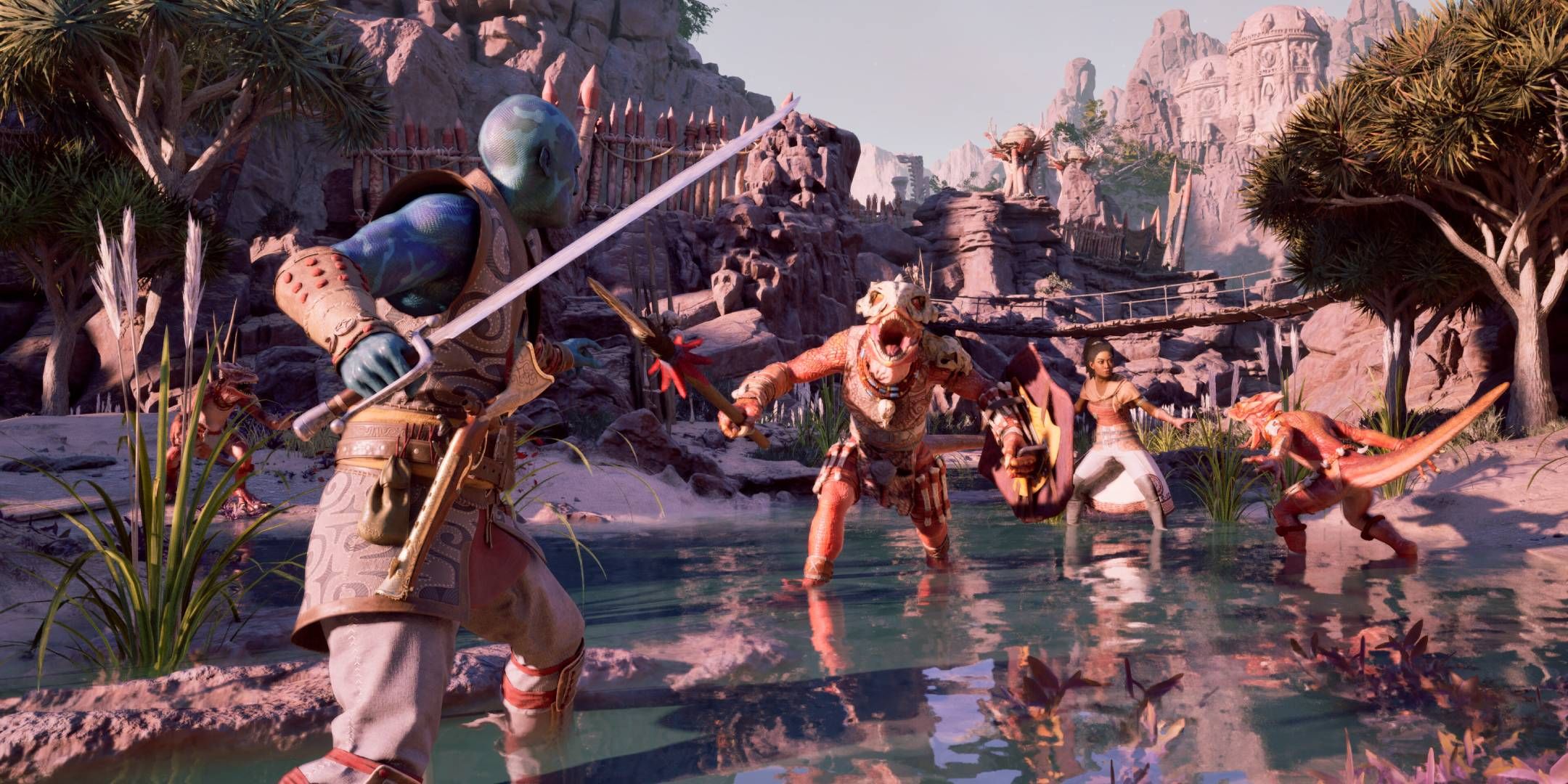
Related
How To Reduce Stuttering In Avowed On PC
Obsidian Entertainment’s Avowed is a brilliant example of Unreal Engine’s potential, but is still filled with easily fixed stuttering issues.
The wide range of choices and Avowed’s adherence to them throughout the story make the game feel very individualized to a player’s choices. There is also no morality meter or arbitrary approval system that you have to worry about. People react to you based on the choices you make that affect them or have big enough consequences that they would have heard about it. This strips away a lot of the gamified elements from many RPGs and allows you more moral flexibility without feeling like you have to chase “good” or “bad” points for some binary rating system.
Side Quests Present Problems Without One “Right” Choice
Avowed Side Quests Are Morally Complex And Cover Relevant Issues
Pretty early into Avowed, I was happy to see the complex moral choices that the game was presenting me with during side quests. The first example that comes to mind is dealing with Sargamis during Avowed‘s “Dawntreader” quest. The quest gives you the option to let Sargamis try to repent for his crimes or kill him (either by making him sacrifice himself or by fighting him).
As a believer in restorative justice, my first instinct was to let Sargamis go. However, according to the quest, he had just killed an Aedyran expedition a few hours earlier. It’s not like the game was offering me a chance to oversee Sargamis’ rehabilitation, so letting him go meant trusting that he’d very quickly learned his lesson about killing before I sent him back into the world. While sparing him ultimately turned out okay, I had to wait about 30 hours to learn that, and I questioned my decision before I knew I had made a good choice.
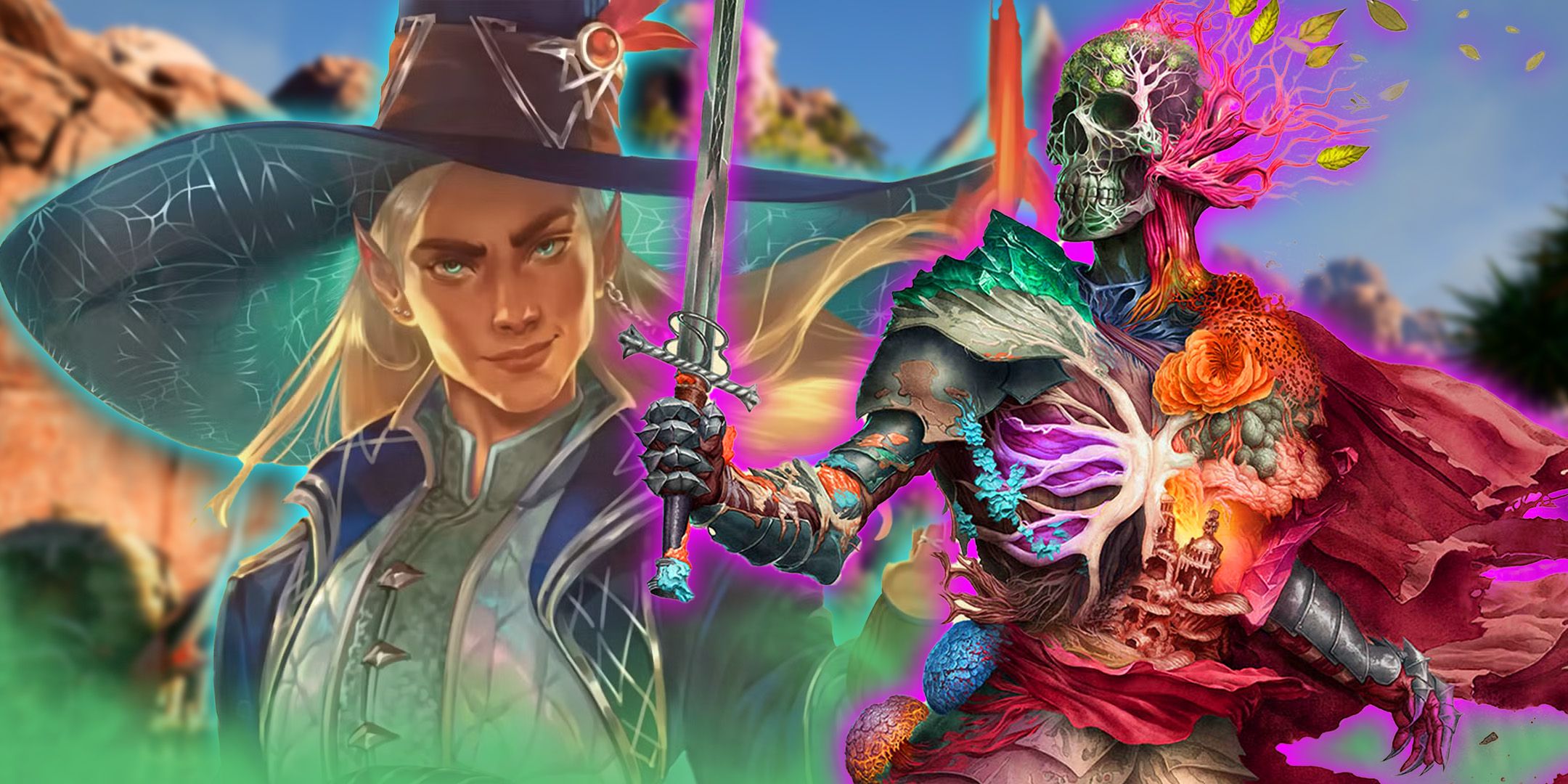
Related
Avowed Has Everything It Needs To Make The Perfect Tabletop RPG
While Avowed offers a unique take on the fantasy RPG genre, it’s hard not to imagine the potential it has for a take on a completely different genre.
Another good example of a morally complex side quest happens in Thirdborn, during the “Heart of Valor” quest. In it, Keipo asks the player to get him a Leviathan Heart, but they learn later he intends to use it to end his own life before he succumbs to the Dreamscourge. Players are left with the decision to honor Keipo’s agency in making this choice or prevent him from doing it. It’s a quest without an easy answer, and it made me pause to consider bigger questions, like if someone has a right to do what Keipo wants.
These types of hard questions are some of the best moments in Avowed because the game transcends simply making players think about the fantasy world of Eora and consider questions about their real life. While these moments aren’t absent from the main story, the questions presented there are often a bit easier to answer. Although there are some clear real-life parallels, they are the kind that only made my decisions easier.
Avowed’s Main Story Is Much Less Complex
Avowed’s Main Story Has A Very Clear Villain
The first few main story missions in Avowed carry over some of the complexity from the side quests. One of the first things you are asked to do is decide whether to forgive your own killer, which remains one of my favorite main story moments in the game. Unfortunately, after that point, the game introduces the Steel Garrote and starts to make choices a bit more clear-cut.
I went into Avowed questioning Aedyr’s role in the Living Lands. After all, they were a colonizing force coming to “tame” the already-settled island. However, the Envoy’s mission – to stop the Dreamscourge plague – seemed altruistic enough that I could overlook the inherent issues with my presence there. Unfortunately, any illusions that Aedyr may represent some force for good were quashed when Inquisitor Lödwyn shows up and starts putting entire cities to the torch for breaking Aedyran laws and calling people heretics for not believing in her god.
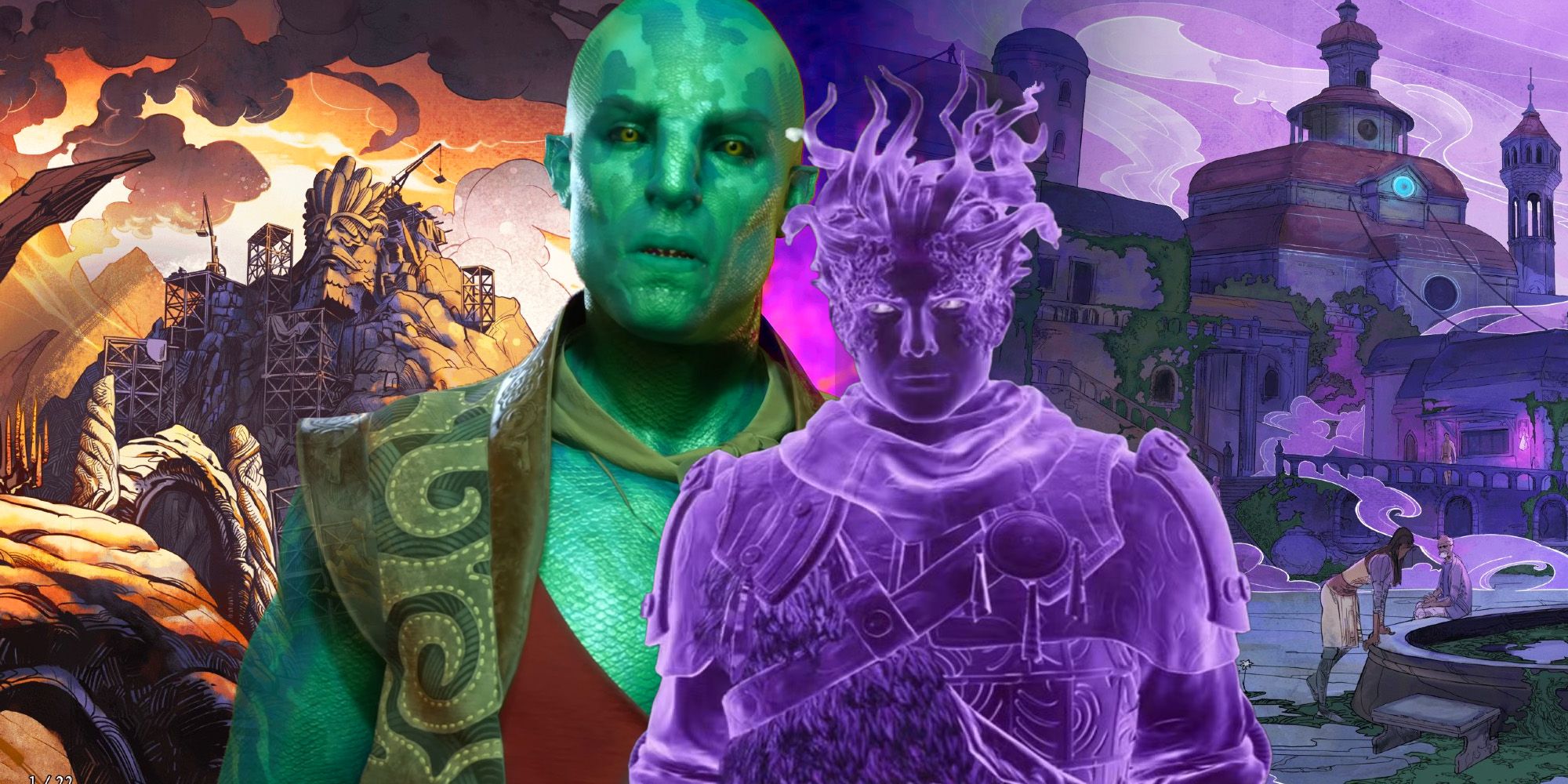
Related
I Already Beat Avowed, & I’m Begging You To Find All The Ancient Memories
A lot of Avowed’s side content is pertinent to the main story, but none more so than the Ancient Memories, which everyone should seek out.
This makes several major choices, like what to do with Naku Kubel and Solace Keep, easier to make because players immediately question whatever side Lödwyn happens to be supporting. This is reinforced by the game’s companions, who harshly criticize you if you even consider working with Lödwyn, and ultimately leave your party if you decide to work with her in the end. There were several instances where I’d be considering a certain point of view, but then a character would express that they were working with Lödwyn, and I’d immediately question their motives.
One choice that I thought would be disconnected from Lödwyn and the Steel Garrote was what to do with Sapadal. For a brief moment, I questioned my commitment to freeing her when the soul of Nandru, another of Sapadal’s Godlike, warned me against freeing her. However, I immediately stopped questioning it when Nandru started praising Lödwyn’s god, Woedica. The choice was made even easier after meeting Woedica herself, and learning that she massacred the original inhabitants of the Living Lands.
Avowed also makes some clear allusions to real-life events that show what kind of rule Woedica, Lödwyn, and the Steel Garrote want for the Living Lands. One line explicitly mentions Woedica destroying a library, prompting a dialogue option from the Envoy about how burning books is “how it always starts.” This wasn’t just a red flag, but a reminder of a specific red flag from history that I didn’t want to see flying over the Living Lands.
Source link









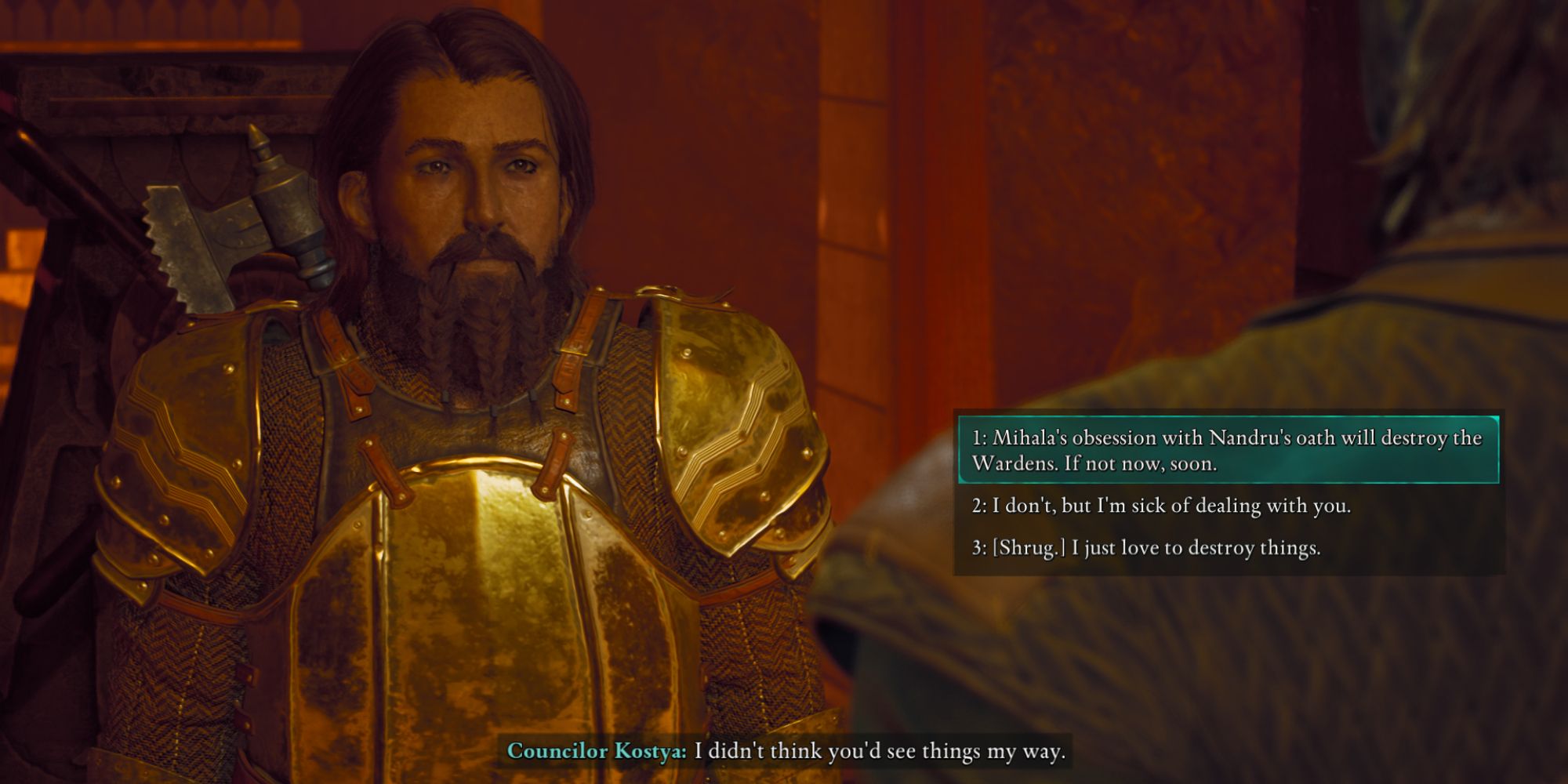
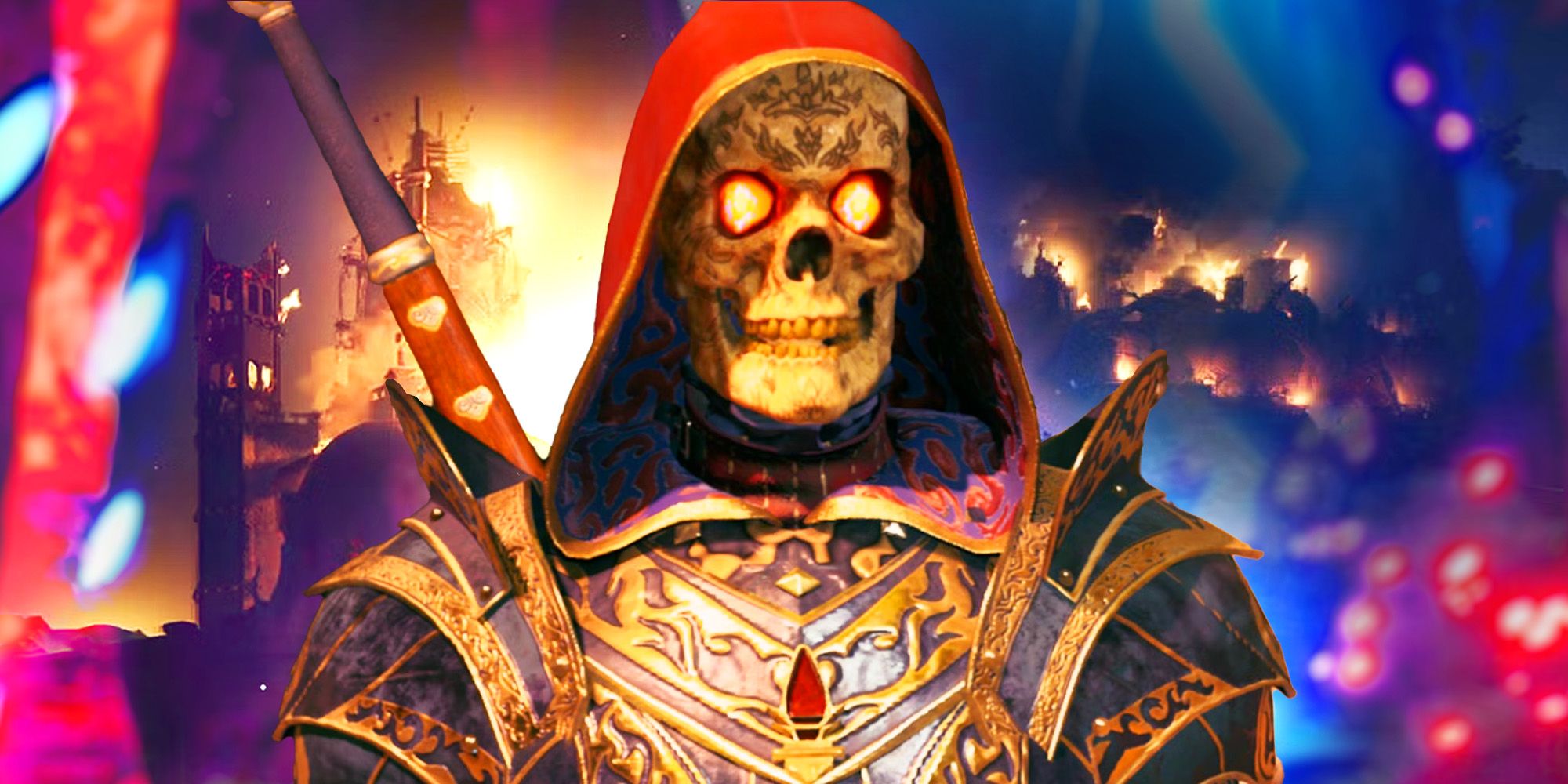
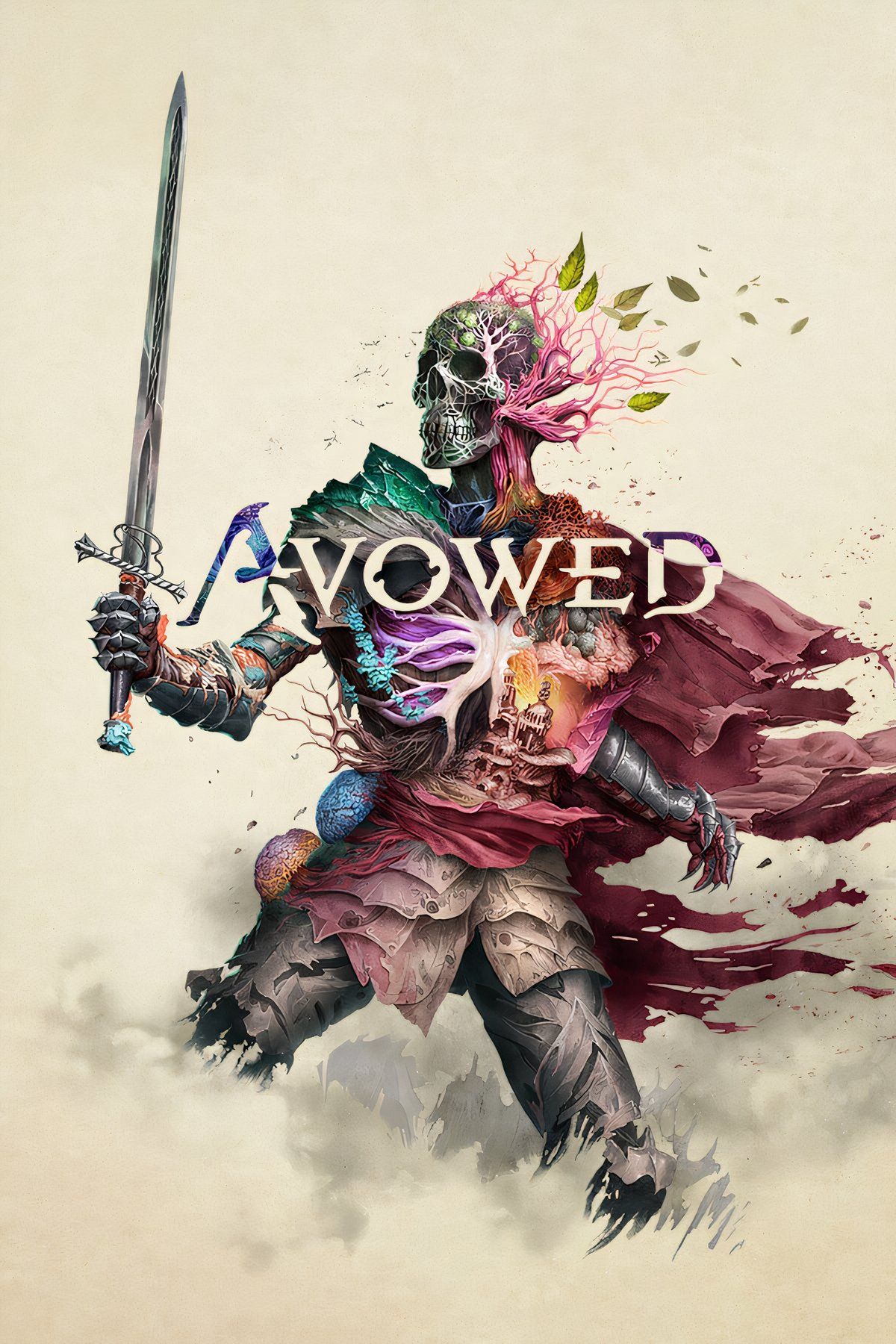








Add Comment